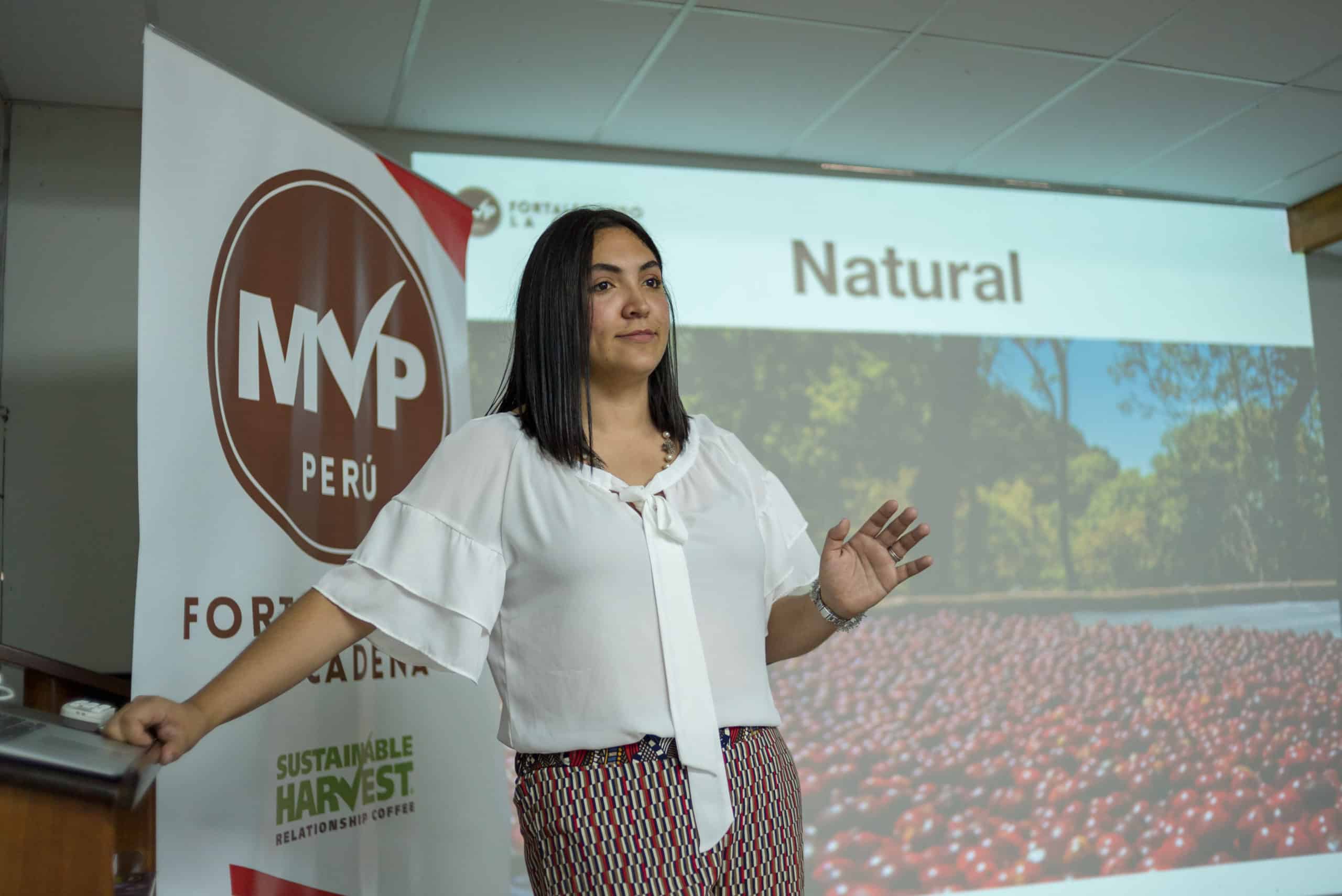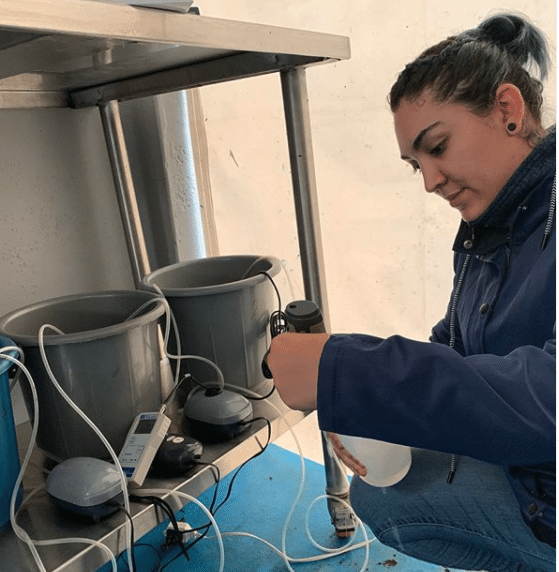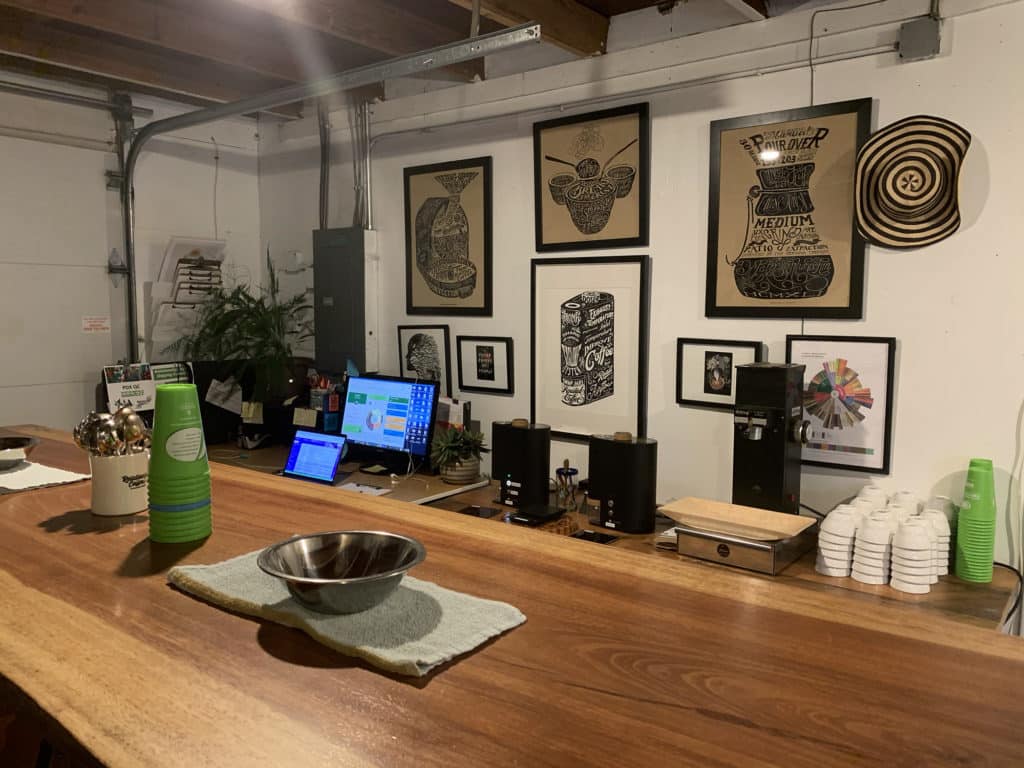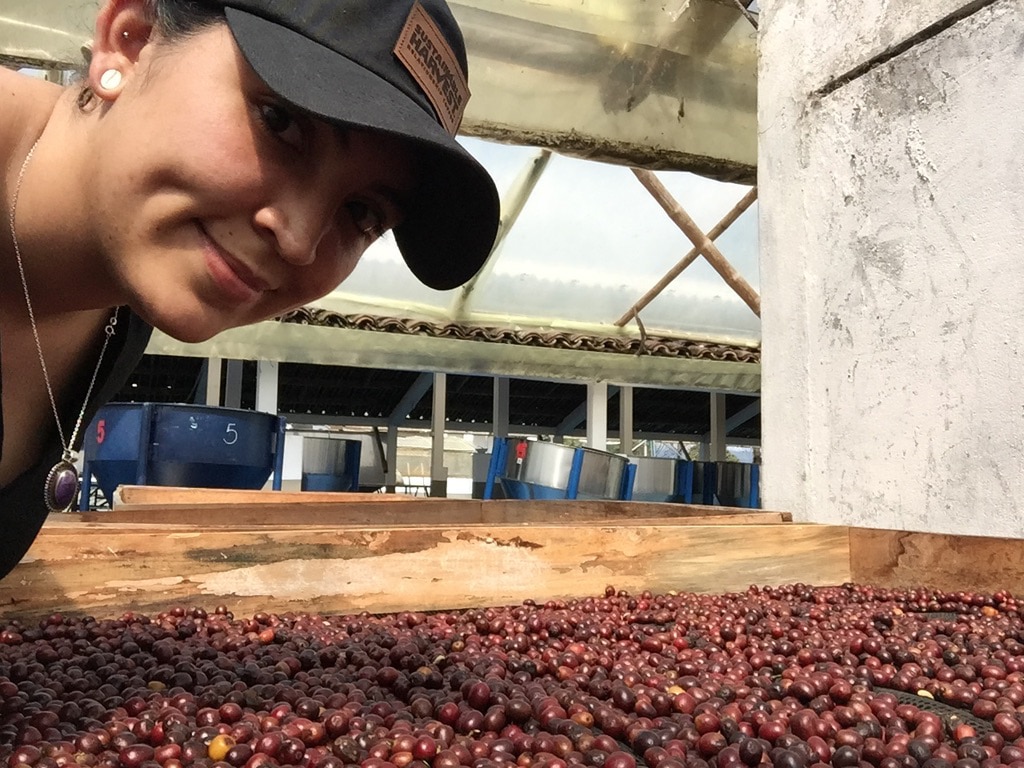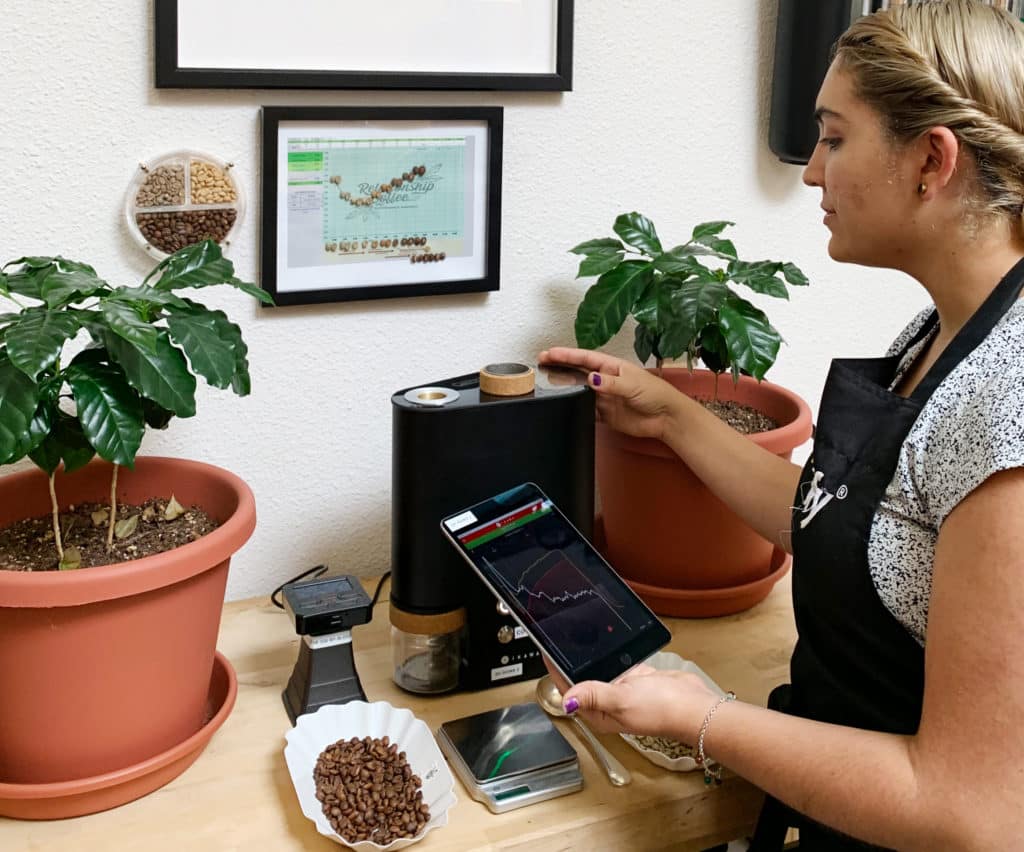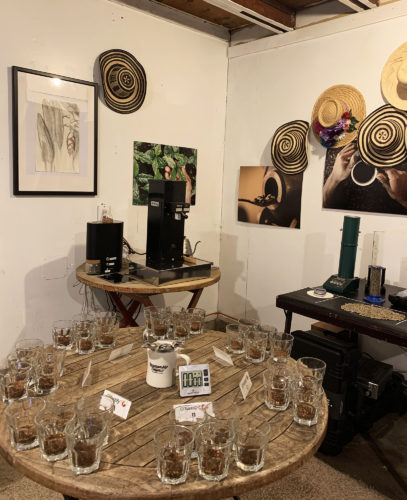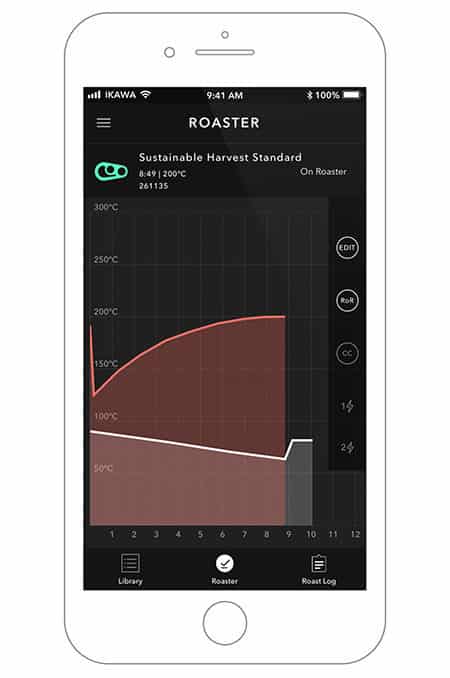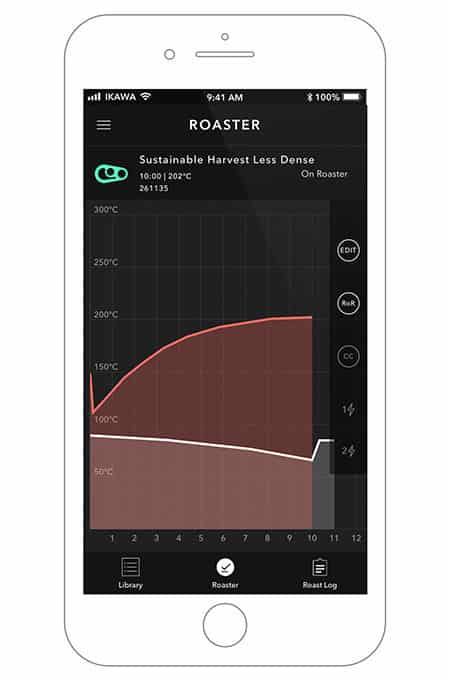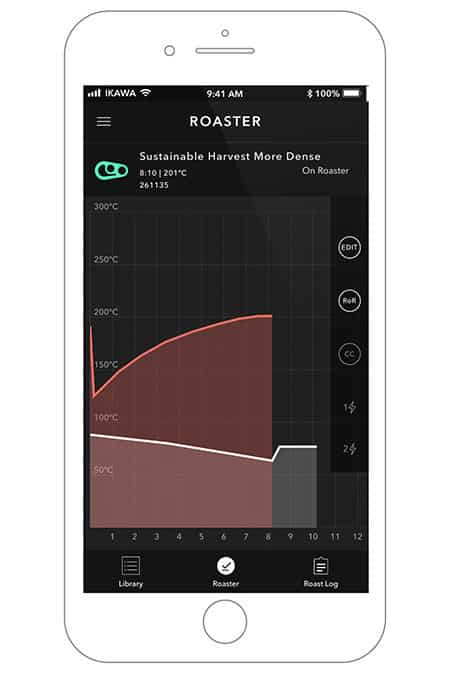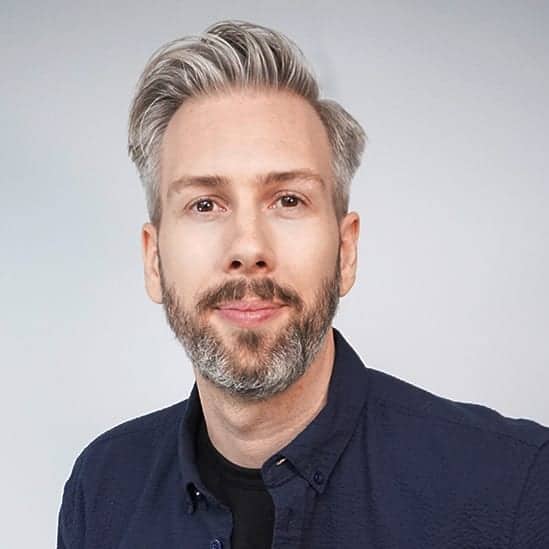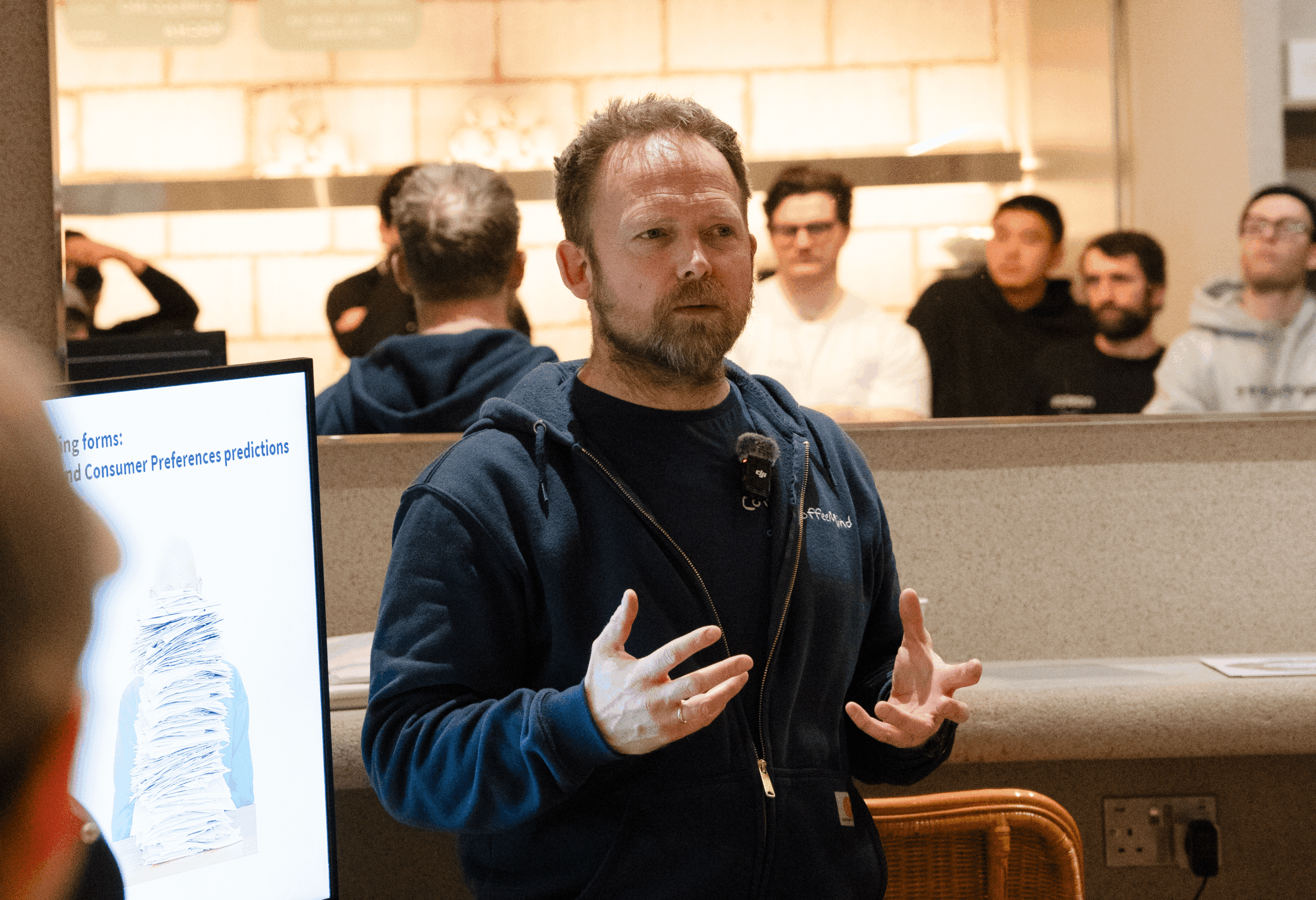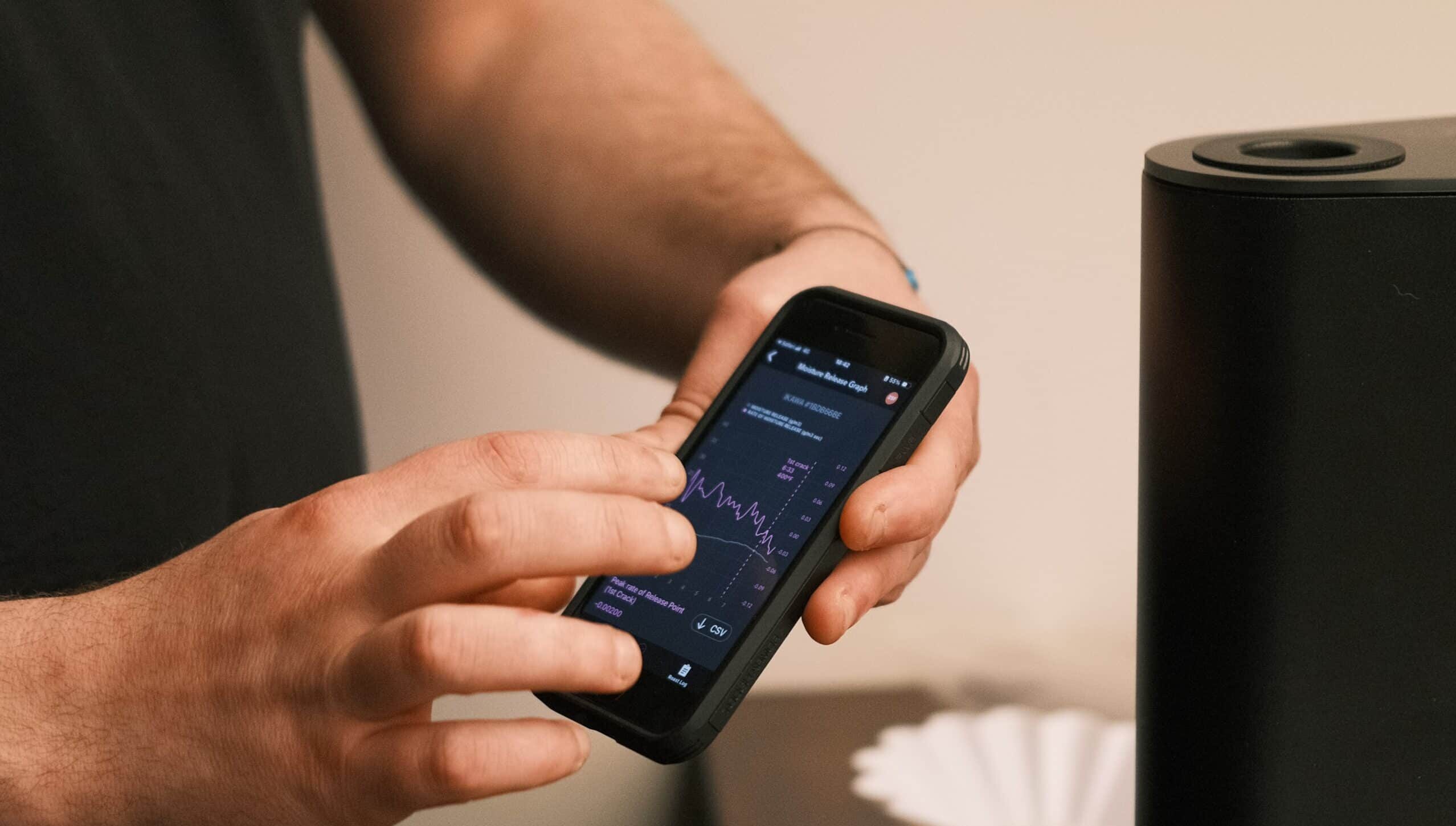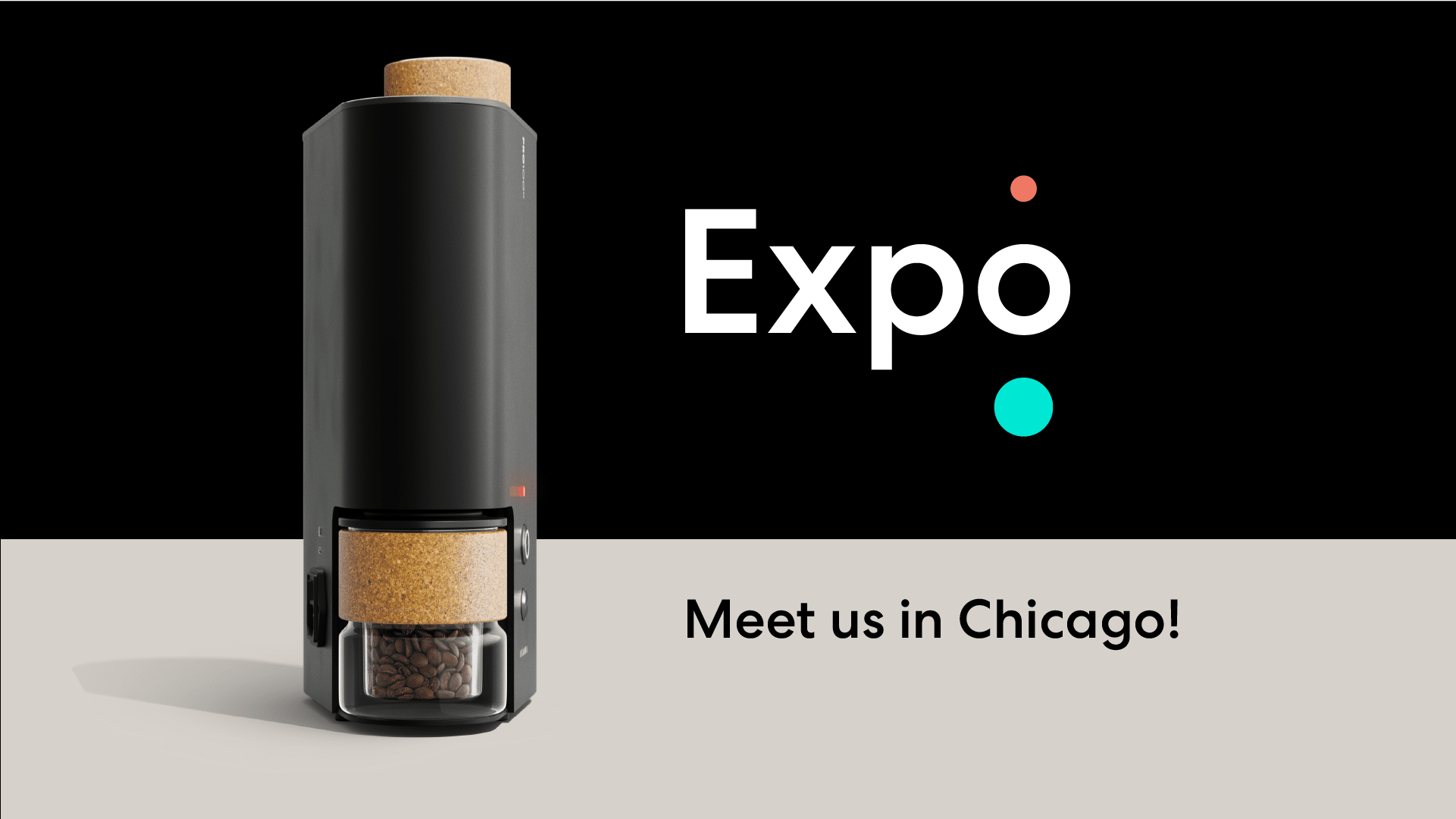Her role at the company is vital: every single coffee that Sustainable Harvest receives must be evaluated in order to give constructive feedback to the producer, check quality against contracts, and find the correct market fit.
In her words: “We are very strict in doing our job. We are especially careful when roasting our samples.”
Sustainable Harvest have become strong adopters of IKAWA sample roasters, Yimara has become a power user of IKAWA, championing their use throughout Sustainable Harvest’s operations. She has developed excellent, thorough IKAWA resources, training documents, and guides for her team to use.
Yimara is methodical and extremely detail-oriented when roasting; in this blog we’ll learn how she approaches sample roasting and profiling.
In addition to being an expert sample roaster and cupper, Yimara is one of a handful of globally certified Q-Processing instructors having achieved levels 1 and 2, and has worked at many stages of the coffee supply chain, from farm to exporting and importing.
Level 3 for Q Processing is an expert level that was launched last year. Yimara is currently developing her research which investigates drying temperatures and its impacts on the deterioration of the quality of the shelf life. When she completes this research, she will then hold level’s 1, 2, and 3 for Q Processing Instructors.
She began her coffee career early, having been raised on her family’s coffee farm in Colombia. Her parents encouraged her to continue pursuing coffee, which led to her training as a cupper and subsequently working for FCC, the Federación Campesina del Cauca.
Currently, Yimara has been performing her quality control role from home in Portland, USA. She’s brought all of the equipment she needs in order to work from home, and set up the most amazing garage coffee lab we’ve ever seen!
From Yimara:
“My name is Yimara Martinez Agudelo. I am from a small town called Tunía in the state of Cauca in Colombia. [I am the] daughter of small coffee farmers, and all my life I have been around coffee.
I was trained as a cupper and worked for the FCC, or Federación Campesina del Cauca, a beautiful organization of small producers in Cauca. After that, I got my first Q- grader certification.
My work in coffee has been focused in quality analysis and evaluation, as well as providing educational support and training for coffee growers and their children. The goal is to promote the improvement of agricultural practices, quality control and the impact of quality in coffee.
I started working with Sustainable Harvest Coffee Importers [when I moved to the USA]. Sustainable Harvest is also the importing partner for FCC where I worked for many years at origin. This is really a beautiful story because I have ‘lived’ the coffee supply chain, in a sense—from being in the field as a producer, participating in a second level organization, learning and sharing knowledge with producers, working in the export logistics of coffee, and now working in importing in the United States.”

